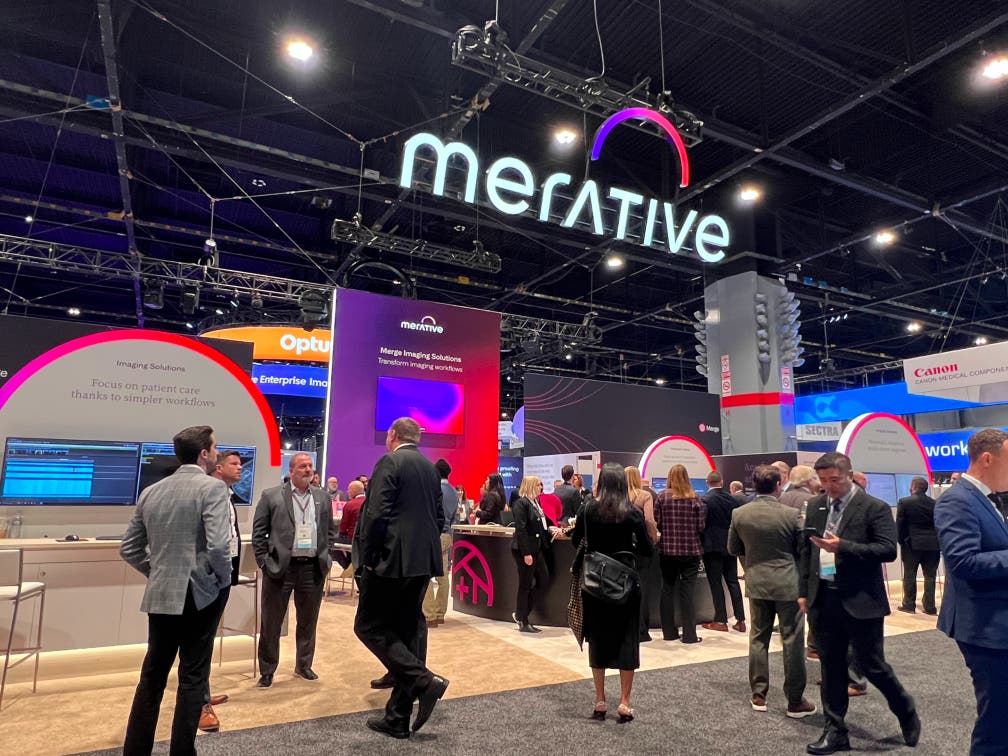5 essential strategies for EDGE Server data management

This blog was updated on June 4, 2025.
Advice from our experts on how to optimize your EDGE data submissions and accurately represent your commercial risk.
With the establishment of the Affordable Care Act (ACA), regulations were put into place to improve access to health insurance, lower healthcare costs for consumers, and established exchanges to stabilize markets and premiums. The Centers for Medicare and Medicaid Services (CMS), via the Center for Consumer Information and Insurance Oversight (CCIIO) implemented the commercial risk adjustment program for issuers of individual and small group health insurance, both on and off exchange.
As long-established experts in healthcare data and analytics, we rapidly applied our expertise by spinning up, hosting, and creating external data gathering environment (EDGE) data submissions for the CMS-required servers. We established ourselves as the EDGE server TPA of choice.
Since day one of the EDGE program, we’ve been a trusted and proven partner and provider of EDGE server TPA services, working to ensure success in reporting issuers' plan risk supporting accurate risk adjustment transfers.
As EDGE server TPAs since 2013, we offer five key practices to help you optimize your EDGE data submissions and accurately represent your commercial risk:
Accurate plan data
While risk adjusted claims transfer risk adjusting diagnosis and National Drug Codes (NDCs), the accuracy of your plan data lays the foundation for EDGE server reporting. Submitting accurate data in a rating region is critical. Even small errors or omissions can have significant financial impacts.
Error Resolution
A top priority; analyzing your EDGE server rejection summary and detail reports and resolving rejections. This ensures you are representing a full picture of your risk and are credited for a complete and accurate accounting of your population’s HCCs and risk scores to HHS, optimizing your risk adjustment transfers.
Accurate Enrollment Period Activity Indicators (EPAI)
This is paramount: it’s critical to set the EPAI indicator accurately. Failure to set this correctly means not getting credit for claims that are otherwise risk adjustment eligible. Our team utilizes their expertise and routinely utilizes the EDGE server test zone to scrutinize results and validate data is accurate and accepted. Make it a practice to test, correct as needed, and then post data to the production zone.
Stay informed
A deep knowledge base in EDGE server operations and program change management is key. Understanding continuity of program changes and getting in front of them is critical to rapidly implement updates to program requirements. Keeping current with the EDGE server Interface Control Document, Business Rules, Operations and Maintenance Manual and monthly updates to Global Reference Files takes an investment of time and resources that pays dividends by informing a more efficient and successful process. This practice has developed our team’s ability to rapidly provision and maintain EDGE servers, as well as implement and deploy required schema updates in a strategic manner.
Build and maintain long-term relationships
In parallel to a strong operational foundation and program knowledge, relationships are a key to success. If you are considering engaging a third party to be your EDGE TPA, ensure they have a strong working relationship with you, CMS, and CCIIO.
At Merative, we take our role as an EDGE server TPA partner seriously and are dedicated to nurturing long-standing relationships built on trust and reliability. We understand the importance of the EDGE server program in supporting accurate risk adjustment transfers and maintain a continuous and long-standing relationship with CMS. If you’d like to learn more about our EDGE server TPA solutions, please download the solution brief or talk to one of our experts.
Related Articles

Merge December 2023 newsletter: Breaking ground at RSNA
By Ashish Sant | 2 min. read

GLP-1 outcomes: What we’ve learned and where payers need to focus next
GLP-1s continue to be a focus in the healthcare industry. Everyone from employers...
By Katherine Shanahan | 6 min. read

How price transparency impacts cost savings
Healthcare cost and affordability have been perennial concerns for both healthcare...
By Mark McKenzie | 8 min. read
Ready for a consultation?
Our team is ready to answer your questions. Let's make smarter health ecosystems, together.
